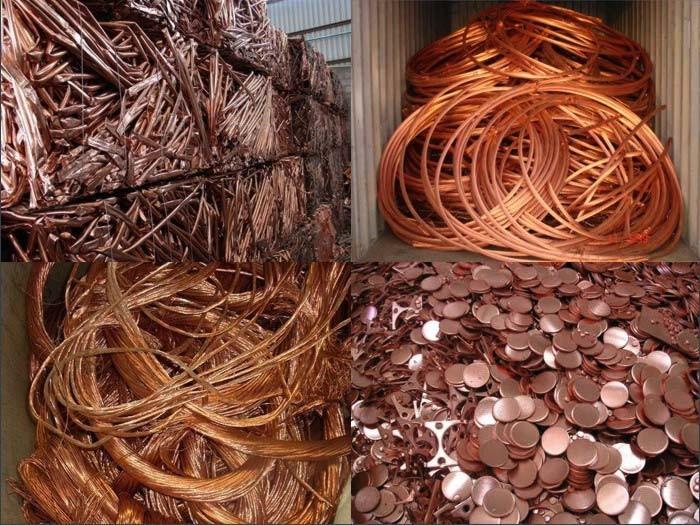
1 minute read
Introduction
Copper is a vital element in our modern society, used in a wide range of applications such as electronics, plumbing, construction, and transportation. Copper's durability and malleability make it an ideal material for manufacturing products that require strength and flexibility.
However, as with most valuable resources, the extraction and processing of copper can have a significant impact on the environment.
Advertisement
To combat this, innovative recycling solutions for copper are emerging, ensuring a sustainable future for this essential material.

Why is Copper Recycling Important?
Copper recycling offers several advantages over primary copper production. Firstly, recycling copper requires significantly less energy than mining and refining new copper ore. According to the International Copper Association, recycling copper uses up to 85% less energy than extracting copper from new ore. This energysaving aspect of recycling also reduces greenhouse gas emissions.
Secondly, recycling copper reduces the need for landfills and prevents the release of harmful chemicals and pollutants into the environment.
Copper can take up to 200 years to decompose in landfills, and it can leach into the surrounding soil and water, posing a health risk to humans and wildlife.

Finally, copper recycling conserves natural resources and reduces our reliance on primary copper production. Copper reserves are finite, and as global demand for copper continues to increase, recycling offers a sustainable solution to the growing demand for this valuable resource.




